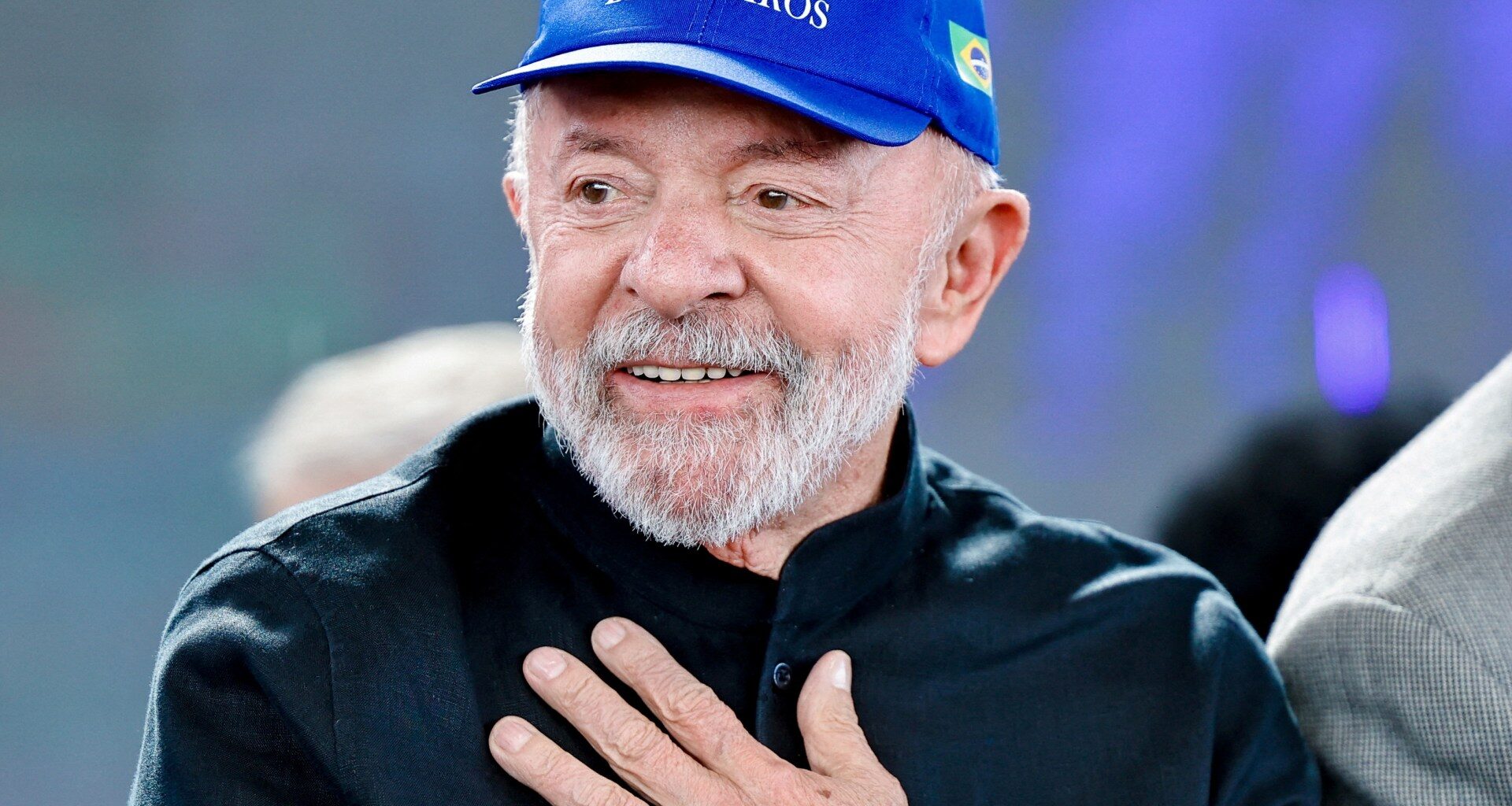The US froze Judge de Moraes’s assets, citing his role in arbitrary detentions, censorship, and cases against Bolsonaro.
Brazil has criticised the United States Department of the Treasury’s decision to impose sanctions on Supreme Court Justice Alexandre de Moraes over alleged suppression of freedom of expression and the ongoing trial of former Brazilian President Jair Bolsonaro.
Brazil’s President Luiz Inacio Lula da Silva also released a statement on Wednesday condemning what he called the “US government’s interference in the Brazilian justice system”.
“The Brazilian government stands in solidarity with [de Moraes], who is the target of sanctions motivated by the actions of Brazilian politicians who betray our country and our people in defence of their own interests,” President Lula said, without naming Bolsonaro.
De Moraes is overseeing a case against the former president, who stands accused of masterminding a plot to orchestrate a coup and stay in power after his 2022 election defeat to Lula.
Announcing sanctions against de Moraes earlier on Wednesday, US Treasury Secretary Scott Bessent said the Brazilian Supreme Court justice had “taken it upon himself to be judge and jury in an unlawful witch-hunt”.
“De Moraes is responsible for an oppressive campaign of censorship, arbitrary detentions that violate human rights, and politicised prosecutions – including against former President Jair Bolsonaro,” Bessent said.
De Moraes was sanctioned under the Global Magnitsky Act, which allows the US to impose economic penalties against foreigners it considers to have a record of corruption or human rights abuses.
Bessent’s statement accused de Moraes of “serious human rights abuse[s]” for targeting opposition politicians – including Bolsonaro – journalists, newspapers, and US and international companies, including social media platforms.
The decision orders the freezing of any assets or property de Moraes may have in the US.
US President Donald Trump previously tied tariffs on Brazil to what he called a “witch-hunt” against his right-wing ally.
In a letter in mid-July announcing a 50-percent tariff on Brazilian goods, which will start on August 6, Trump opened the message with criticism of Bolsonaro’s prosecution. Trump has since softened the blow by excluding key sectors in Brazil, such as aircraft, energy and orange juice, from the heaviest levies.
“We’re not facing the worst-case scenario,” Brazilian Treasury Secretary Rogerio Ceron told reporters on Wednesday.
Responding to the 50-percent tariff in his statement on Wednesday, President Lula criticised Washington’s “unjustifiable” attempts to use “political arguments to validate the trade measures” against his country.
“The political motivation behind the measures against Brazil undermines national sovereignty and the historical relationship between the two countries,” he said.
On July 18, Brazilian police swooped on Bolsonaro’s home and political headquarters, while de Moraes ordered the former president to wear an ankle bracelet and stop using social media over allegations he courted interference in his trial from Trump.
Hours later, Washington imposed US visa restrictions on de Moraes, his family and other unnamed court officials, escalating tensions with the government of Latin America’s largest economy.
Bolsonaro has denied attempting to overthrow the government, but has acknowledged taking part in meetings aimed at reversing the election’s outcome.
